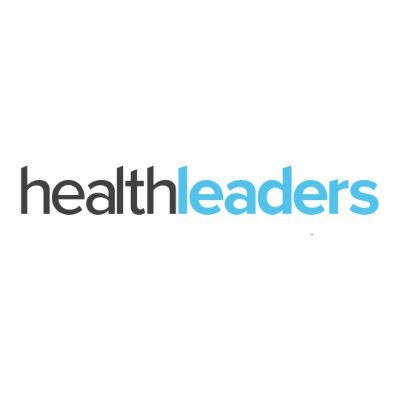
Editor's Note In this session, Beverly Kirchner, BSN, RN, CNOR(E), CASC, vice president of compliance at TriasMD and ambulatory surgery center (ASC) track leader for the OR Manager Conference, spoke on behalf of Parkland Health’s JD Boucher and Karen Garvey on how violence against healthcare workers is rising and requires…

Editor's Note Wrapping up the 2025 OR Manager Conference with high energy, humor, and some fundamental truths about human interactions inside and outside the workplace, Monica Wofford, CSP, leadership consultant, Contagious Companies, shared tried and true strategies that work well to curb difficult behaviors and make difficult people have less…

Editor's Note Burnout does not begin with exhaustion, but with misalignment, said burn and critical care surgeon Neha Amin, DO, FACS, NBC-HWC, founder of Balance and Breakthrough and Renewal Wound Care Centers based outside Atlanta, during her personal and pragmatic keynote. According to Dr Amin, burnout follows a clear trajectory—from…

Editor's Note Lock in system-level wins fast. The 2025 OR Manager Conference is right around the corner (October 28–30 in Anaheim, California), and it is loaded with how-to sessions that turn ideas into throughput, revenue, and workforce results you can bring home in Q4. This year’s agenda centers on pragmatic,…

Editor's Note Innovation is transforming surgical care faster than most institutions can keep pace, but leaders must distinguish between investments that advance patient care and those that add cost without meaningful benefit. That is the central message from a September 8 Harvard Medical School article featuring insights from Jon O.…

Editor's Note Depression rates in the US remain at historic highs, affecting more than 47 million adults, with young people and lower-income households experiencing the sharpest increases, a Gallup survey published on September 9 reports. The latest survey shows 18.3% of adults currently report having or being treated for depression,…

The OR has a planned rhythm that relies on training, checklists, and teamwork to turn the complex surgical environment into an elegant orchestration that keeps patients safe. But efficiency and a climate of safety do not just happen—they depend on culture. When teams communicate openly, follow standards consistently, and feel…

Editor's Note A July 16 study published in BMC Research Notes found that mental fatigue among perioperative nurses is significantly associated with increased rates of missed perioperative nursing care. This cross-sectional study surveyed 385 operating room nurses working in university-affiliated hospitals in East Azerbaijan, Iran. Participants met inclusion criteria related…

Editor's Note Gen Z nurses are leaving the workforce in droves, and CNOs must adapt their leadership strategies to keep them. That’s according to a July 21 HealthLeaders report on the Nurse Experience 2025 analysis from Press Ganey, which found that 24% of Gen Z registered nurses left the workforce…

Editor's Note Women healthcare professionals who practiced transcendental meditation (TM) for three months showed greater improvements in burnout, emotional exhaustion, anxiety, and insomnia than those who received usual treatment, according to a July 9 Healio article. The report focuses on data presented at the American Thoracic Society International Conference—namely, a…